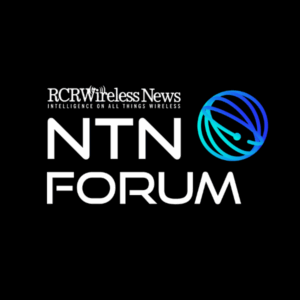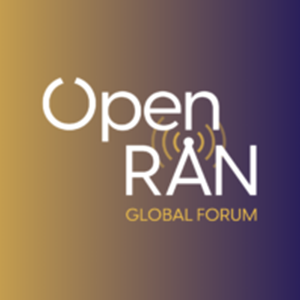WASHINGTON-A key House lawmaker has requested a probe into whether the Bush administration’s top telecom official acted properly in allowing wireless lobbyists to throw her a party in October 2001 and shortly afterward announcing support for lifting the spectrum cap, a move in line with the mobile phone industry’s top priority at the time.
Rep. Henry Waxman (D-Calif.), ranking member of the House Government Reform Committee sent the request to Commerce Department Inspector General Johnnie Frazier on Wednesday. The action keeps alive a controversy for National Telecommunications and Information Administration head Nancy Victory at a time when her agency is trying to manage politically-charged wireless issues involving unlicensed spectrum for Wi-Fi, ultra-wideband technology and the transfer of frequencies from the Department of Defense to the mobile phone industry for third-generation wireless systems.
“The inspector general’s office has the authority to determine whether Ms. Victory acted appropriately and whether any steps need to be taken to prevent such a situation from occurring in the future,” stated Waxman in the letter to Frazier.
Clyde Ensslin, a spokesman for NTIA, did not return calls for comment.
Victory previously said the Department of Commerce’s ethics office advised her she was not required to disclose the party’s donors and that the lobbyists involved are long-time friends.
Last week, the Office of Government Ethics said Victory should have reported the reception as a gift. The Commerce Department said Victory amended her financial disclosure form to reflect the party funded in part by lobbyists from Motorola Inc., Cingular Wireless L.L.P., SBC Communications Inc., the Cellular Telecommunications & Industry Association and Victory’s former law firm, Wiley Rein & Fielding.
Several lobbyists that organized the Victory party said they contributed several hundred dollars of their own money, but SBC-co-owner with BellSouth Corp. of Cingular-subsequently changed its story. SBC spokesman George Thompson today confirmed that money contributed toward the party by the firm’s Priscilla Hill-Ardoin came from corporate funds.
When interviewed last week on the matter, Commerce Department General Counsel Theodore Kassinger said there was no reason to seek an inspector general investigation.
The Federal Communications Commission voted in early November 2001 to relax the spectrum cap, but to completely lift it by Jan. 1, 2003. The spectrum cap policy was designed to foster wireless competition. Its removal will make it easier for mobile phone carriers to merge with one another.






